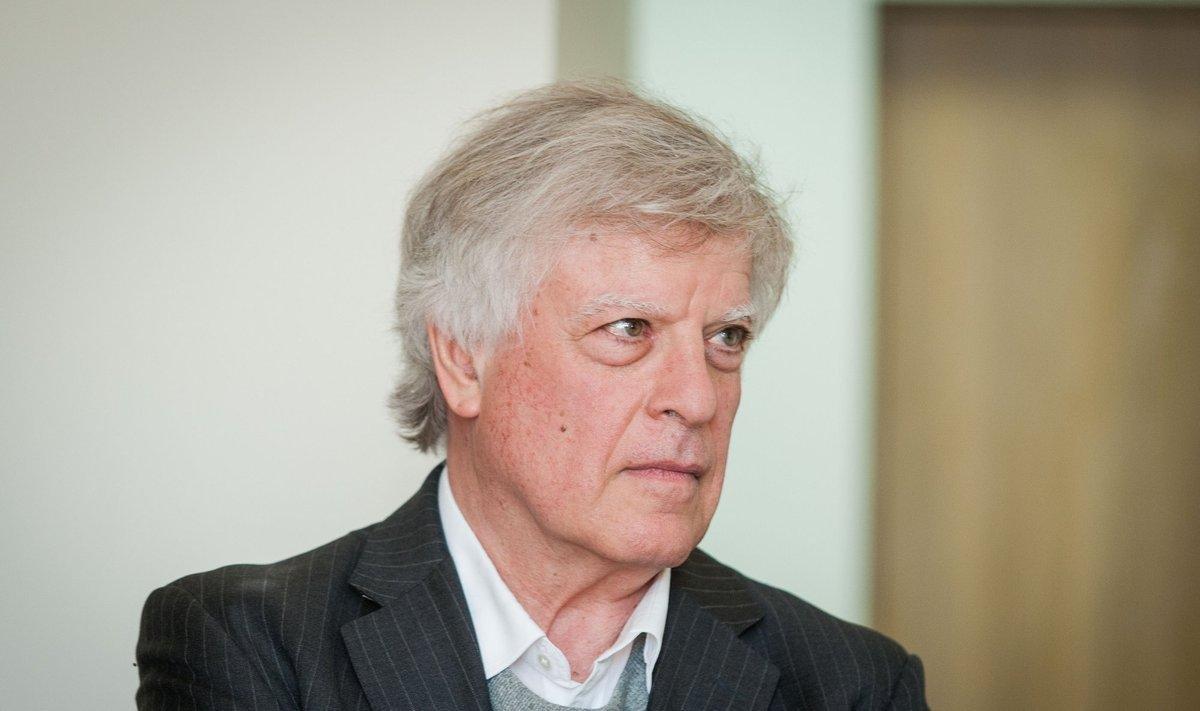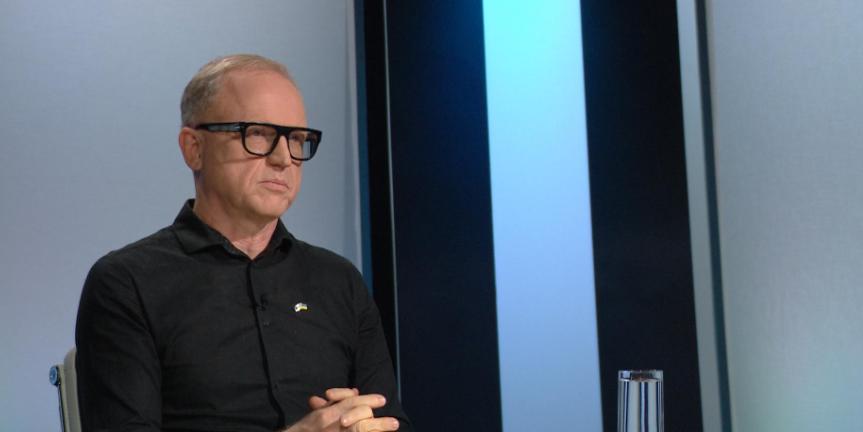What will a Trump presidency mean for NATO? Pundits weigh up whether US will leave alliance
European countries need to scale up defence expenditures in view of the possible return of ex-US President Donald Trump to the White House, The Daily Telegraph said, citing diplomats of NATO member countries.
Europe should be ready to lower the involvement of Washington in activities of NATO institutions in case Trump wins the presidential election in the US this November. European diplomats even urged to develop plans for the case of the US withdrawal from the North Atlantic alliance, the newspaper said.
According to officials, Europe will have to reconsider its excessive dependence on the US in the defence sphere.
Earlier, speaking in South Carolina, Trump recounted one of the meetings he held with NATO leaders when he was President. According to him, one of his foreign counterparts asked whether the US was prepared to defend the alliance in the event of a potential Russian threat if an ally failed to pay its collective defence contributions to NATO. Trump responded that he would not defend such a country and that he would encourage Russia to "do whatever" it wanted. The former President did not specify when or where this conversation took place, or who he was speaking to.
It should be noted that Trump is the frontrunner for the Republican nomination for the US presidency. The election will take place in November. His rival will be the current US President, Joe Biden, who is running on the Democratic ticket.
What are the chances of the United States leaving NATO if Trump is re-elected as the President? Moreover, what could be the potential implications for the North Atlantic Treaty Organization, which is the most vital military and political alliance of the West? Is the downfall of NATO inevitable?
Renowned foreign experts answered these questions for Caliber.Az.

"My view is that it's a long shot. But Trump will pressure NATO allies in every way possible to increase their contribution to the alliance," said David Sutter, an American political scientist, publicist and expert on US-Russian relations.

Analyst, publicist and professor Grigory Ioffe noted that the establishment of both political parties sees Trump as an existential threat, detrimental to the established order.
"The established order largely depends on the fact that the most important political decisions are made by unelected bureaucrats and leading corporations of the military-industrial (MIC), pharmaceutical and financial complex. Lobbyists who bribe members of Congress to promote their decisions. Nikki Haley, who has just dropped out of the race, is a classic representative of a politician and a lobbyist for the military-industrial complex in one person," says the professor.
In his view, the MIC is worried for an understandable reason: there have been no wars during Trump's presidency.
"In this respect, Trump differs from a long line of his predecessors. As a businessman, Trump grew up in the construction complex. In other words, he served only domestic demand. As a politician, Trump also appeals to non-elite segments of the population, apart from those who are totally dependent on the state, i.e. people living on benefits. Trump is also opposed to neo-Marxist tendencies in the culture, which place minorities of all kinds (racial and sexual) on a pedestal in place of the much-diminished industrial proletariat. For these reasons, the establishment, which owns much of the media and Hollywood, suffers from what is called Trump Derangement Syndrome (TDS). It's a derangement syndrome at the mere mention of Trump.
The fact that Trump is by nature an entertainer - he keeps the consumers of his political talent and his opponents on their toes and often has little control over what he says without suffering from senile dementia - only serves to fuel this very TDS. The question you asked is entirely in the realm of this syndrome. Yes, Trump has encouraged European NATO members to contribute at least two per cent of their GDP to NATO's defence budget, with impressive results. But Trump has hardly threatened NATO's very existence. "If there is a threat of military conflict in Eastern Europe, it is due to systemic reasons such as the shift of the world's economic and political centre of gravity towards the Pacific, rather than Trump's personality. If Trump is elected in 2020, it is unclear how he would be able to prevent such a conflict, but it is possible that he would negotiate a non-aligned status for Ukraine. The fact that this assumption is realistic is demonstrated by the resignation of Victoria Nuland, who represents a Cold War relic. This suggests that even in the Democratic Party, many people are beginning to have thoughts that were previously considered unacceptable, but are now gaining more support," Ioffe said.
He believes that almost all of the threats associated with Trump's name are outlandish.
"Unless, of course, you are part of those business circles that have a sense that there is a real, and probably exaggerated, threat to their existence. After all, the President of the United States doesn't have all the power - as evidenced by the fact that Biden still can't get a certain well-known military aid bill through the House of Representatives. That's the way it is," the expert concluded.

US lawmakers have already done a lot to prevent Trump from deciding to leave NATO on his own, says Estonian political scientist Peeter Taim.
"This is a decision for Congress. So this option is somewhat off-table. If Trump becomes President, that alone is going to damage NATO. And NATO is going to be struggling to stay relevant. In this respect, the fact that the leaders of the European NATO countries are realising this now is a very good moment. All these countries and Estonia are already taking measures to find more financial sources to support their defence capabilities or expenditures," the expert says.
He does not believe that NATO will collapse.
In Estonia, during last year's elections, every political party promised to increase defence spending to 3% of the country's GDP. Currently, the debate has progressed to the point where the parties in the governing coalition have proposed the implementation of a security tax starting in 2026. A European analyst believes that as long as there is a war in Europe and the country requires 3% of its GDP for defence, it makes sense to introduce such a measure.








